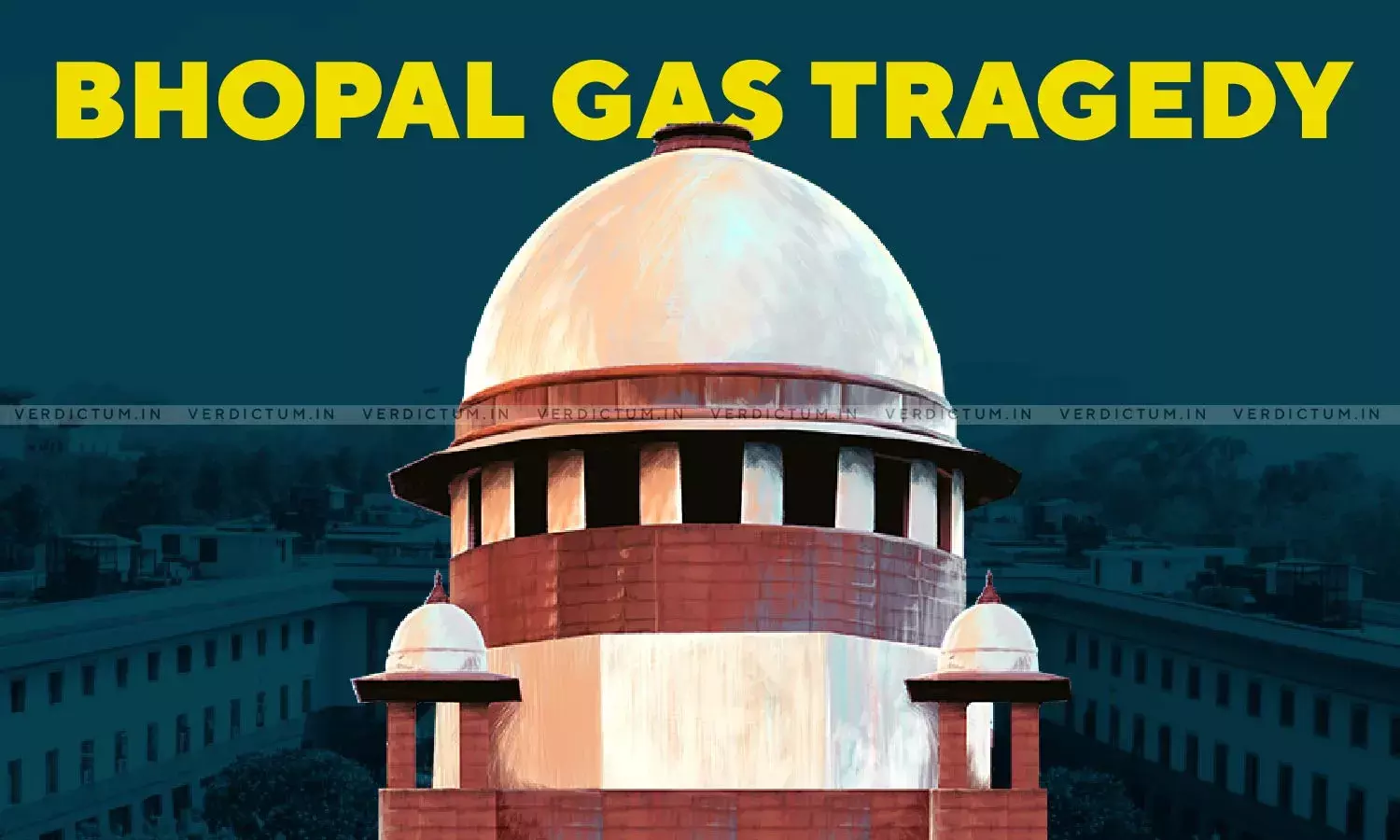Supreme Court Refuses To Interfere With High Court's Order On Union Carbide Waste Disposal

The Supreme Court today refused to interfere with the Madhya Pradesh High Court's order on shifting toxic waste from the 1984 Bhopal gas tragedy and disposing it in Pithampur area of Madhya Pradesh's Dhar district.
A bench of Justice B R Gavai and Justice A G Masih also refused to stay Thursday's trial run of disposal of the waste from the Union Carbide India Ltd plant. It noted that experts from NEERI, NGRI and CPCB have given their views on the issues, which were considered by the High Court as well as the expert panel.
Senior Advocate Nachiketa Joshi appeared for the MP Government.
The bench asked aggrieved parties, including civil society members, to approach the High Court which is seized of the matter.
On February 25, the Supreme Court asked authorities to apprise it about the precautions taken to dispose the waste. Around 377 tonnes of hazardous waste from the now defunct Union Carbide factory was shifted to Pithampur industrial area, about 250 km away from Bhopal and 30 km from Indore, for disposal at a plant.
Highly toxic gas methyl isocyanate (MIC) leaked from the Union Carbide factory during the intervening night of December 2-3, 1984, killing 5,479 people and maiming more than five lakh. It is considered to be among the worst industrial disasters in the world.
The Supreme Court had on February 17 sought responses from the Centre, the Madhya Pradesh government and its pollution control board on the plea which raised the issue of alleged risk to the life and health of residents of the villages situated within one km radius from the disposal site.
In its February 18 order, the High Court had noted that for the trial run, 30 metric tonnes of waste would be disposed in three lots of 10 metric tonnes each. The trial run for disposal of first 10 metric tonnes would take approximately three-four days, the High Court had noted. It had directed the authorities to undertake first trial run of 10 metric tonnes by taking all protocols into consideration on February 27 and thereafter see its result.
"If there is no adverse effect, the second trial run will take place on March 4, 2025 followed by the third trial run on March 10, 2025 and thereafter based on results of same, after the due tests they will continue to dispose of the remaining waste and file the status report," the High Court had said.
With PTI Inputs

